Bilateral Meeting between BAPETEN and the Ministry of Health Regarding the Preparation of a Draft Presidential Regulation on the National Policy and Strategy for the Management of Radioactive Waste and Spent Nuclear Fuel
Kembali 27 Maret 2025 | Berita BAPETEN | 731 lihatThe Directorate of Regulation of Radiation Facilities and Radioactive Materials (DP2FRZR) of the Nuclear Energy Regulatory Agency (BAPETEN) held a bilateral meeting with the Ministry of Health regarding the preparation of a draft presidential regulation (RPerpres) on the National Policy and Strategy (Jakstranas) for the Management of Radioactive Waste and Spent Nuclear Fuel. The meeting, held online from Jakarta on March 24, 2024, discussed the Work Program of the Ministry of Health of the Republic of Indonesia in the RPerpres Jakstranas. The main objective of this meeting was to formulate a strategic policy for sustainable radioactive waste management, in line with the principles of a green economy and a circular economy, and to support Indonesia's Net Zero Waste target.
In his remarks, the Director of DP2FRZR BAPETEN, Mukhlisin, emphasized that the management of radioactive waste and spent nuclear fuel is a crucial aspect of utilizing nuclear technology in the health, industrial, and energy sectors. This policy aligns with Law Number 59 of 2024 on the 2025-2045 National Medium-Term Development Plan (RPJPN), which emphasizes sustainable development based on environmentally friendly technologies. The drafting of the Presidential Regulation (RPerpres) is targeted for completion by the end of 2025, with the initial stage including the establishment of an Inter-Ministerial/Non-Ministerial Committee (PAK) through a Decree (SK) in the first quarter of 2025. The PAK will involve BAPETEN, the National Agency for Research and Innovation (BRIN), the Ministry of National Development Planning (Bappenas), the Ministry of Health, the Ministry of Industry, the Ministry of Law, the Ministry of Energy and Mineral Resources, the Ministry of State Secretariat, and the Ministry of Environment.
BAPETEN's Deputy Chairman for Nuclear Safety Assessment, Haendra Subekti, in his directive, emphasized the importance of infrastructure and human resource readiness to keep pace with the increase in radiotherapy facilities and radioisotope production in the healthcare sector. "Radioactive waste management must meet the highest safety standards to protect the public and the environment," he emphasized.
The Ministry of Health, through the Directorate of Environmental Health, represented by Adhy Prasetyo Widodo, proposed strengthening the radioactive waste management system in healthcare facilities, including:
- improving facilities and infrastructure;
- developing an integrated information system;
- developing comprehensive regulations for solid, liquid, and radioactive waste.
The meeting resulted in six key strategies for radioactive waste management:
- Regulatory Update: Developing a Government Regulation (PP) to replace PP No. 61 of 2013, with BAPETEN as the leading sector and supported by the Ministry of Health, the Ministry of Environment, and BRIN.
- Developing Technical Guidelines: The Ministry of Health will develop Standard Operating Procedures (SOPs) for radioactive waste management in hospitals.
- Developing Legacy Waste: Accelerating the transfer of waste from healthcare facilities to the Radioactive Waste Management Agency or repatriating it to the country of origin.
- Infrastructure Strengthening: Development of liquid waste treatment facilities at pilot hospitals for nuclear medicine, with evaluation until 2046.
- Integrated Information System: Integration of healthcare facility waste reporting systems with the BAPETEN database for transparency and oversight.
- Human Resource Capacity Building and Coordination through workshops, comparative studies, and collaborative inspections between the Ministry of Health and BAPETEN.
During the discussion session, several challenges were identified, such as limited hospital budgets, the need for flexible regulations, and the need for collaboration with third parties in hazardous and toxic waste management.
The Director of DP2FRZR BAPETEN closed the meeting by emphasizing the importance of multi-sectoral synergy: "With realistic and implementable policies, we are confident that Indonesia can manage radioactive waste safely, in accordance with international standards, for public safety and environmental sustainability." [Eny Erawati/DP2FRZR/BHKK/SP/Translator: GP]

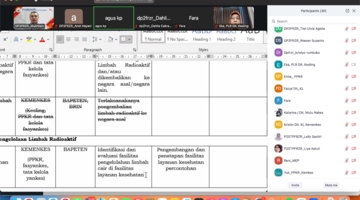
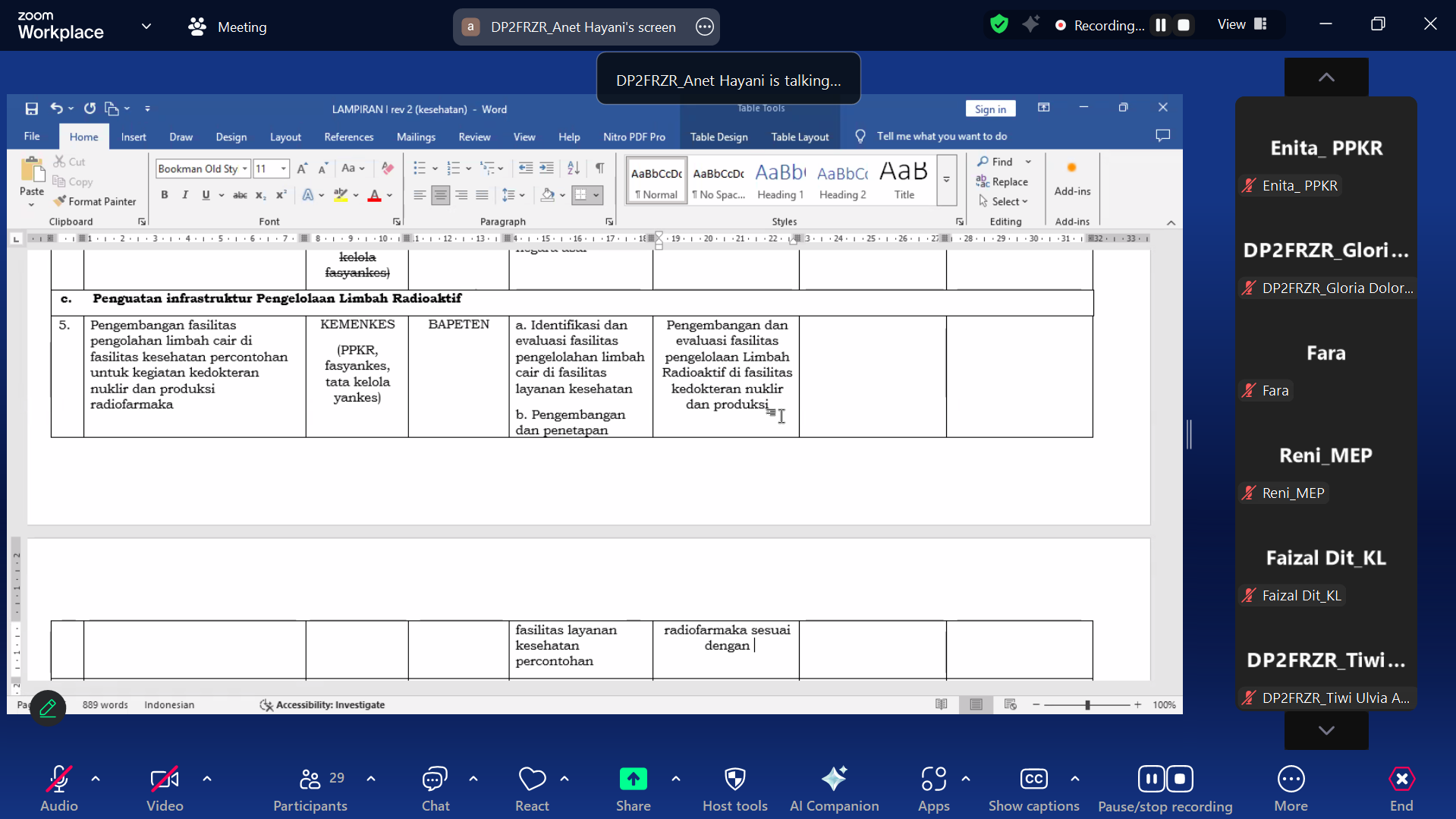
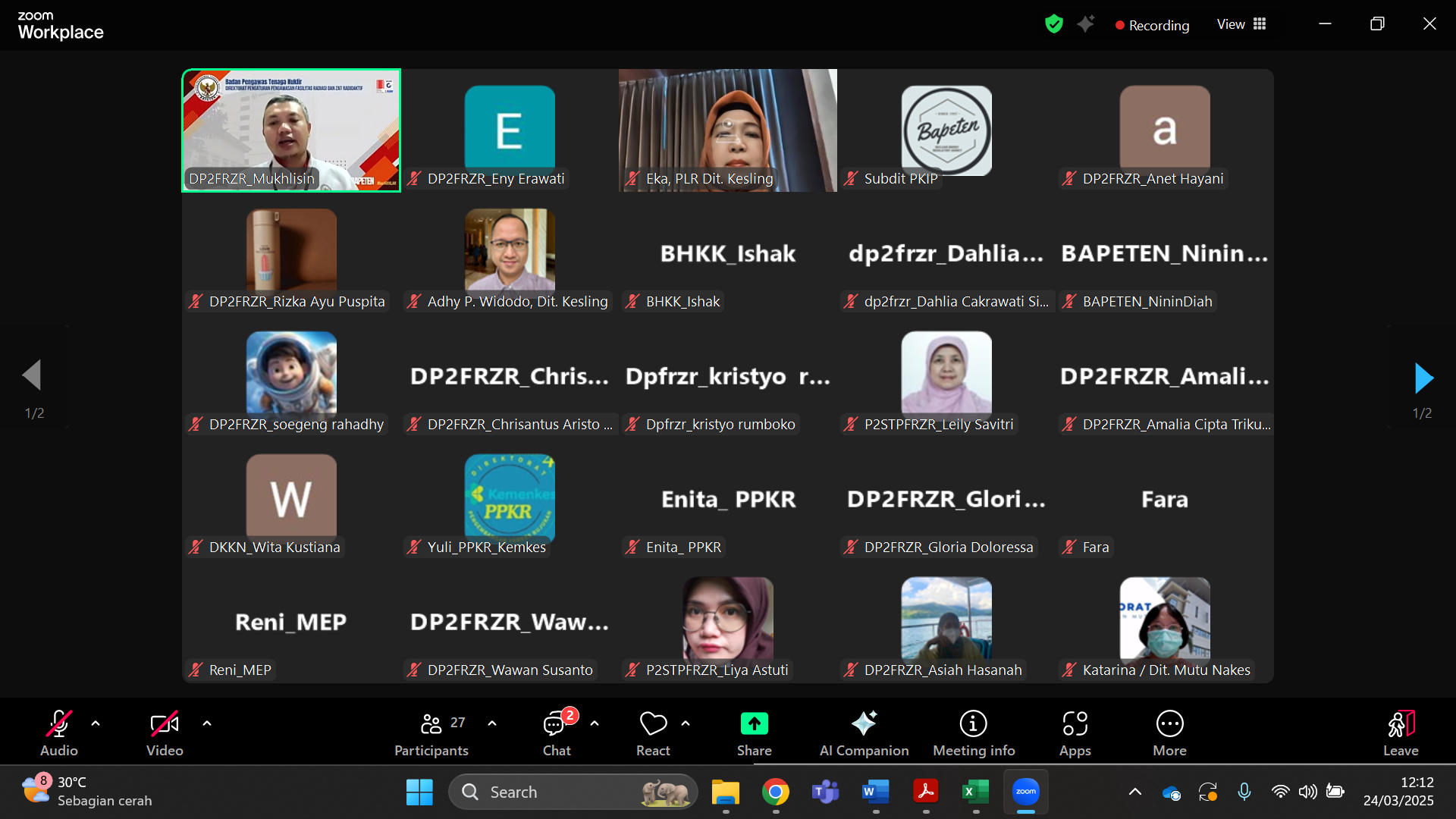
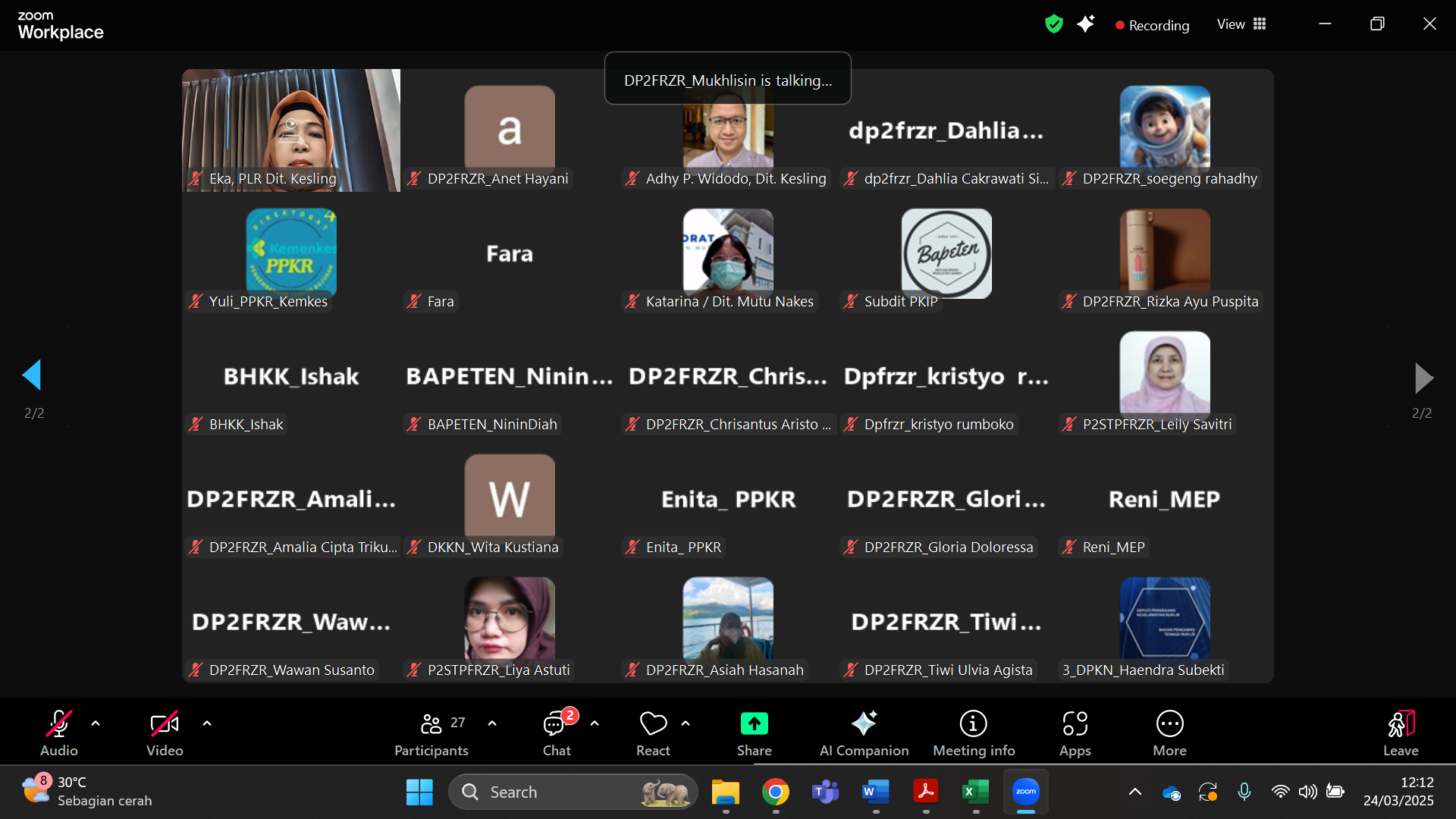
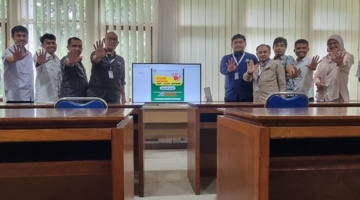
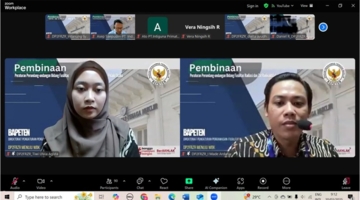
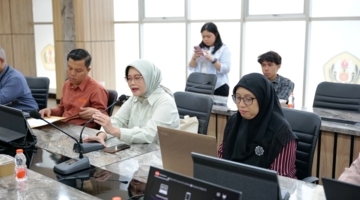

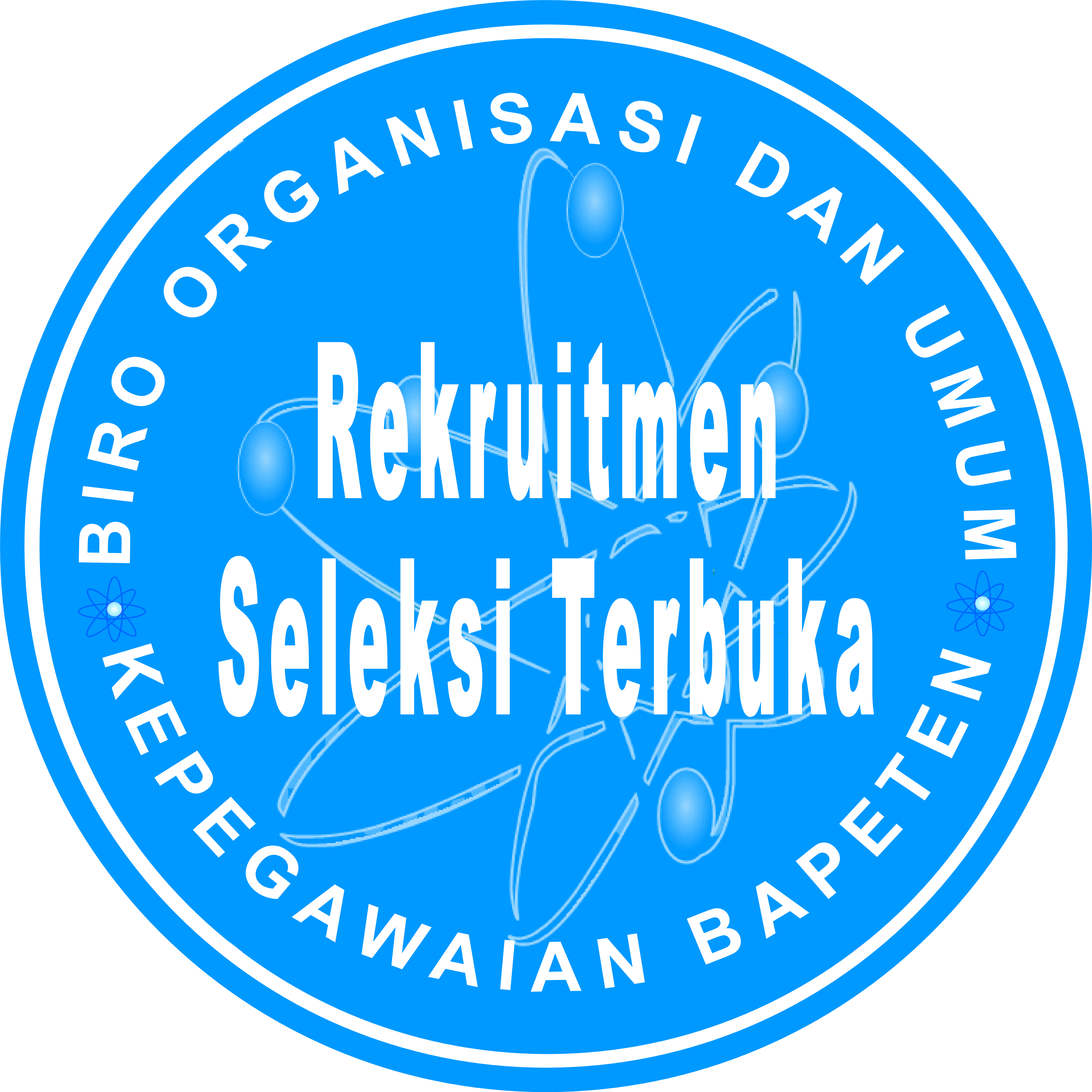

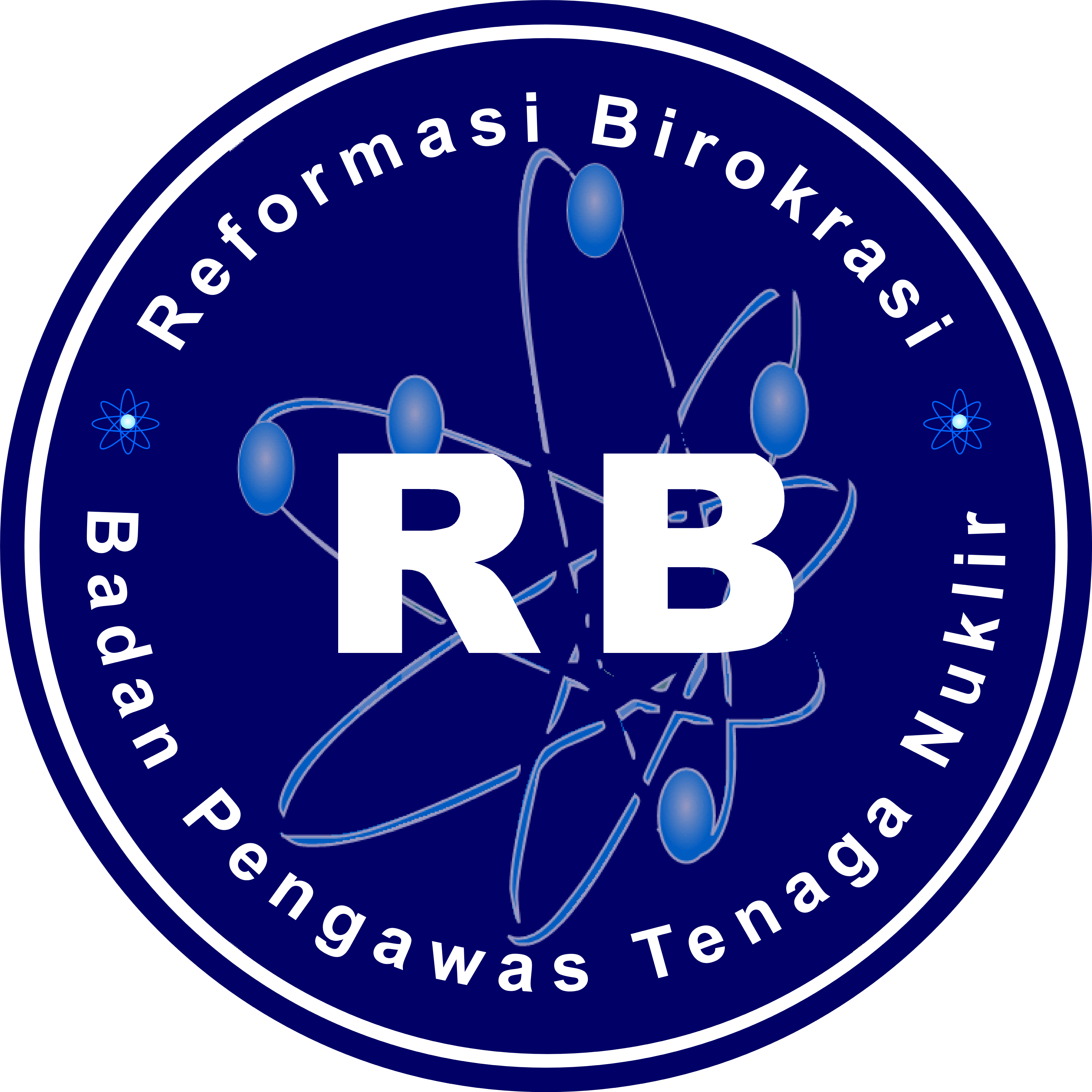

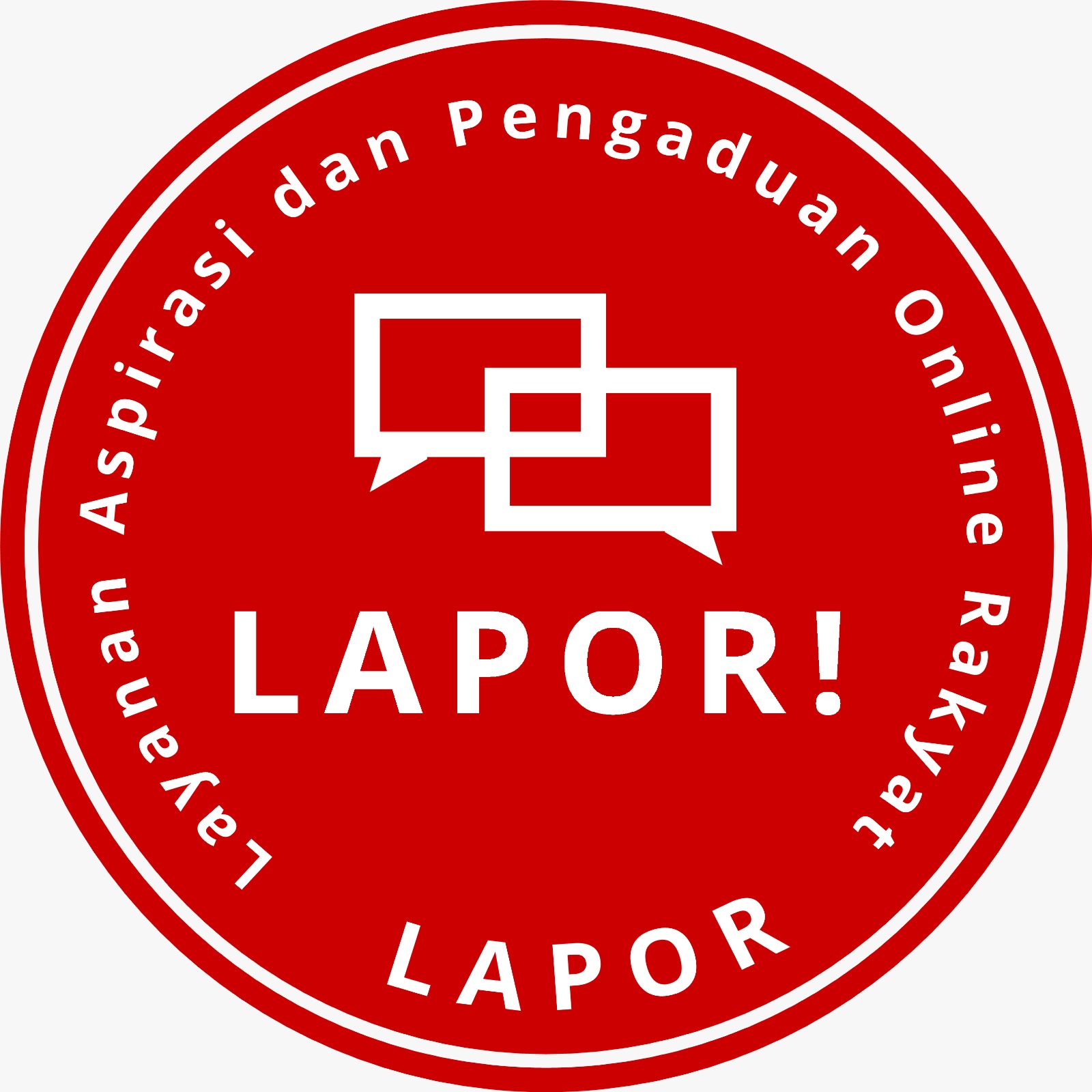









Komentar (0)